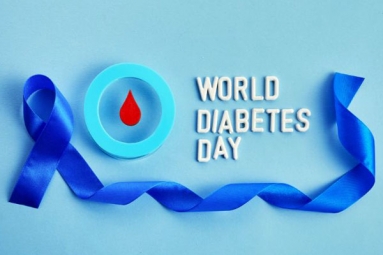
If you're looking to become pregnant or have young children, the National Healthy Mothers, Health Babies is recommending women eat at least 12 ounces of fatty fish a week. According to the National Institute on Child Health and Human Development, '90 percent of women are consuming less than the recommended amount of fish'. Fish is suppose to help with postpartum depression and motor skill development in babies.
This news may come as a shock because for years the U. S. Food and Drug Administration and Environmental Protection Agency has warned pregnant women or parents of small children about the dangers of mercury. However, the organization says they've received no evidence of mercury caused illnesses.
Estimates on the dangers posed by mercury come from people exposed in chemical spills. No major studies have shown evidence mercury from food or vaccines has caused brain damage to mothers or children.
Michael Bender, director of The Mercury Policy Project, an advocacy group that believes mercury exposure has damaged children, said women should choose fish not likely to be contaminated with mercury.
"While it's recognized that fish is an important source of protein, especially for pregnant women, this new emphasis on eating more than 12 ounces of fish per week, without mention of the need to avoid mercury contaminated fish, appears to throw the baby out with the bath water," he said in a statement.
The FDA and EPA "recognized that there is enough mercury in certain fish to pose health risks, especially for heavy and moderate fish consumers, women of child-bearing age and children.
Mercury is released mainly in industrial and power-plant emissions. It settles into lakes and oceans and builds up in the flesh of fish and the animals that eat the fish.
Carnivores such as tuna and sharks thus carry high levels of mercury in their flesh.























